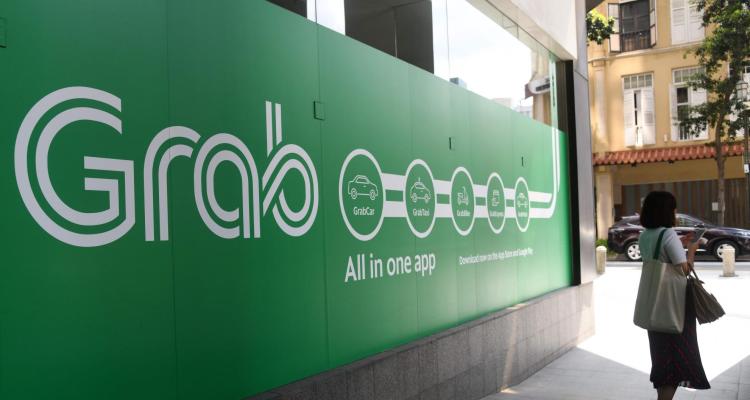How Grab adapted after COVID-19 hit its ride-hailing business - 2 minutes read
 The COVID-19 pandemic is taking a heavy toll on ride-hailing services, like Uber and Lyft. Grab, Southeast Asia’s largest ride-hailing company, has also been impacted, but the company has adapted by quickly transitioning many of its ride-hailing drivers to its on-demand delivery verticals and expanding services needed by customers during social distancing measures.
The COVID-19 pandemic is taking a heavy toll on ride-hailing services, like Uber and Lyft. Grab, Southeast Asia’s largest ride-hailing company, has also been impacted, but the company has adapted by quickly transitioning many of its ride-hailing drivers to its on-demand delivery verticals and expanding services needed by customers during social distancing measures.The company told TechCrunch that its ride-hailing drivers saw their incomes decrease by about a double-digit percentage in April 2020, compared to October 2019, in line with a double-digit drop in gross merchandise volume for Grab’s ride-hailing business in some markets. Between March and April, more than 149,000 Grab ride-hailing drivers switched to performing on-demand deliveries. In some markets, the transition was done very quickly. For example, in Malaysia, 18,000 drivers moved to delivery in a single day. The platform also saw an influx of new driver requests, many from people who had been laid off or furloughed, as well as merchants who needed a new way to make income.
Russell Cohen, Grab’s regional head of operations, told Extra Crunch that to redeploy driver capacity to delivery verticals, the company worked with governments in its eight markets to understand how different COVID-19 responses, including stay-at-home orders, affected on-demand logistics. Anticipating shifts in consumer behavior, it also started adding new services that will continue after the pandemic.
Quickly moving driver capacity from ride-hailing to on-demand delivery
Grab currently has about nine million “micro-entrepreneurs,” or what it calls the drivers, delivery, merchants and agents on its platform. Cohen says the company began to see an effect on ride-hailing and transportation patterns in January and February as flights out of China, and air travel in general, began to decrease. Then COVID-19 started to have a material impact on its ride-hailing business in March, with a sharp drop after countries began implementing stay-at-home orders.
Source: TechCrunch
Powered by NewsAPI.org